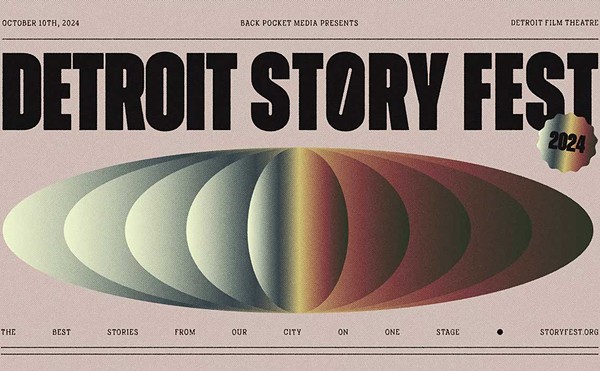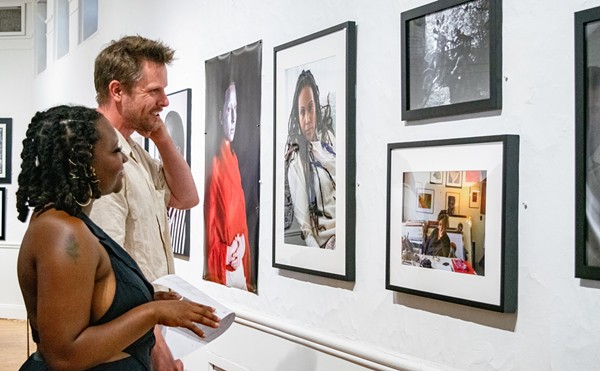"Literary criticism should arise out of a debt of love," wrote George Steiner at the outset of Tolstoy or Dostoevsky: An Essay in the Old Criticism, his first book. Nearly 50 years after that study’s publication, and nearly a quarter century after the release of A George Steiner Reader, the eminent literary critic and philologist carries on his interrogations into the uses, both practical and exalted, of language. In recent years a shadow of wistfulness has descended upon the ardor that has run through the many books he has written since that conspicuous opening salvo. In 2003 he published Lessons of the Masters, an analysis of the personal encounter between mentor and protégé that took in not only Socrates and Plato and Jesus and his disciples but also college football coach Knute Rockne. Its valedictory tone likewise underpins his latest, and perhaps most disparate, essay collection, My Unwritten Books.
As its title suggests, each of this book’s seven chapters chronicles a full-length study that the author, now nearing 80, would have liked to have undertaken but for various reasons could not: critical biographies of the recently deceased sinologist Joseph Needham and the 14th century mathematician and astrologer Cecco d’Ascoli; examinations of lovemaking and language, what it means to be Jewish, and the evolving relationship of man to animals; the definition of a core curriculum suitable for the 21st century; and an explanation of his own politics. At the conclusion of each essay’s argument, Steiner offers an apologia for its concision. Yet, as Theodore Dalrymple recently noted, "there is more intellect in the distillation than in the accumulation of facts," and Steiner makes good use of his vast erudition. For those able to parse his occasionally dense, always verbose style — in which a brief parenthetical aside can send you scrambling to the library — there is much to be gained from these incomplete, seemingly personal excursions.
Steiner’s description of Needham’s prose, in which "astringent technicalities alternate with horizontal vistas," applies equally well to his own writing, and his account of a scholar obsessed with an encyclopedic multivolume masterwork, Science and Civilization in China, could pass as camouflaged self-portraiture. Midway through the essay, Steiner takes a detour from the biographical tracking of Needham’s exploits to fruitfully compare SCC, as the tome is known, to Marcel Proust’s In Search of Lost Time. Freed from the strictures of scholarly accountability that attend to full-length books, Steiner veers from his course repeatedly: His profile of d’Ascoli unfolds into a meditation upon teaching, enviousness, and supersession, and his essay on man and animals includes touching reminiscences of the four dogs his family has owned. It also leads to more questions than answers. Though Steiner is comfortable drawing upon his storehouse of knowledge to make broad generalizations, in this book he frequently undercuts his certitudes by following them with equally broad questions. "What privileges or inhibitions arise between lovers with different first languages? Is coitus also, perhaps fundamentally, translation?"
As befits the author of the essay collection Language and Silence and the study After Babel: Aspects of Language and Translation, language is the bedrock upon which such meditations are constructed. Steiner makes broad claims for its power. "Owing to language(s), we can defy or attenuate the monochrome of predestined mortality," he notes in the essay on sexuality. But he is also aware of its ultimate finitude: "To seek to circumscribe the spaces and diversities of love is to seek to index the ocean." And, later: "Words end in words. Pictures are pictures. There can be no passwords to the beyond."
These are the realizations of a humanist who has profited from a lifetime of literary studies. In "School Terms," his response to the litany of requests beseeching him to compare education systems in America, England and Europe, Steiner counter-intuitively suggests a curriculum in mathematics, music, architecture and the life sciences — "taught, whenever possible, historically" — as central to a definition of literacy suitable for today’s political and social debates. But as this volume abundantly demonstrates, we would benefit equally well from attending to the texts and traditions that have sustained Steiner’s own career. One of this book’s virtues is the arguments it provokes from the reader. But the final essay, "Begging the Question," claiming his politics as "those of privacy and intellectual obsession," is suffused with a plangent mournfulness that temporarily silences such running commentary. "I am haunted, to the point of panic, by the fragility of reason," Steiner writes. By the time you finish this book, (though it is riddled with abysmal copyediting errors) it is obvious that Steiner remains a beacon of humane rationalism. While each of these topics might not cry out for the lengthy treatment he had once planned, thankfully Steiner has addressed them here.
Brian Sholis is Artforum.com editor at Artforum. Send comments to [email protected].





